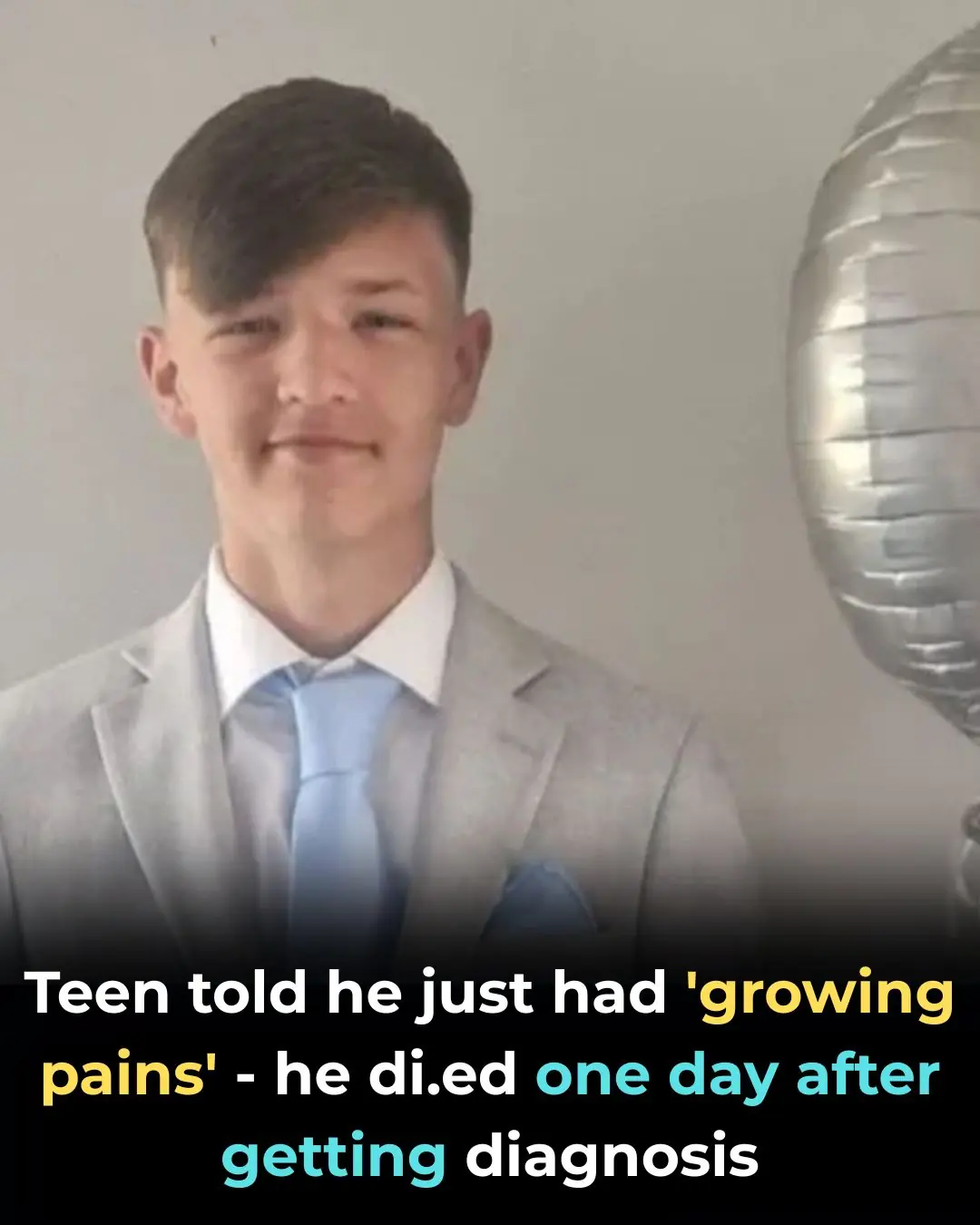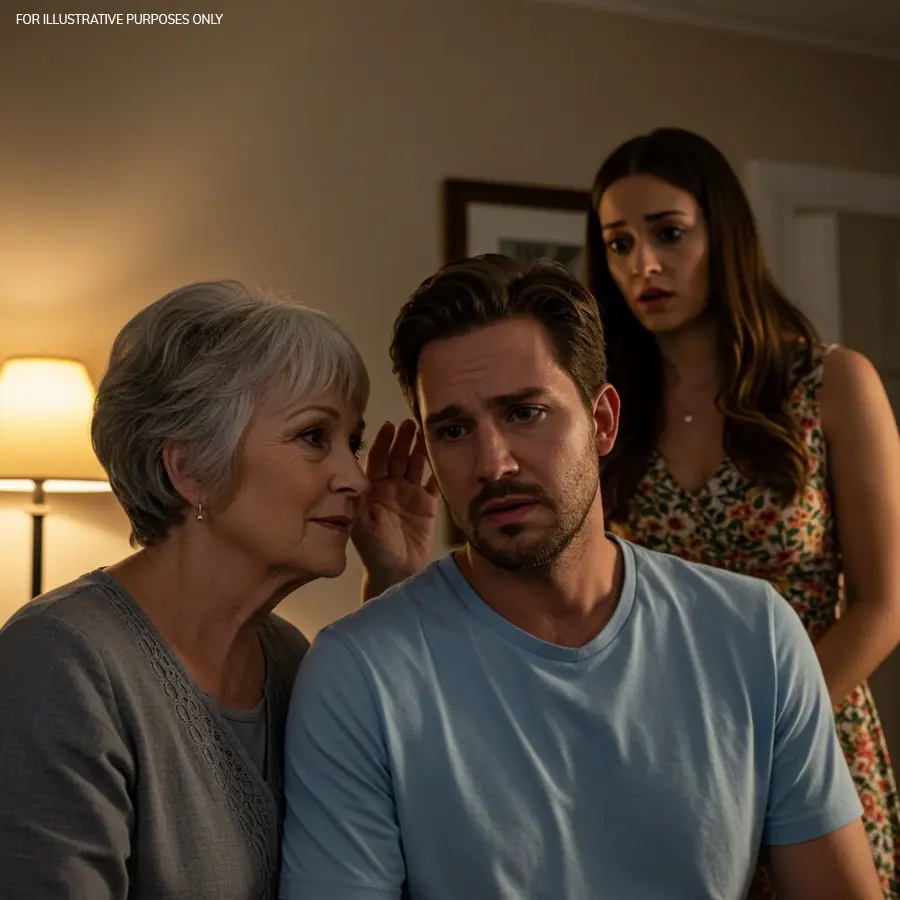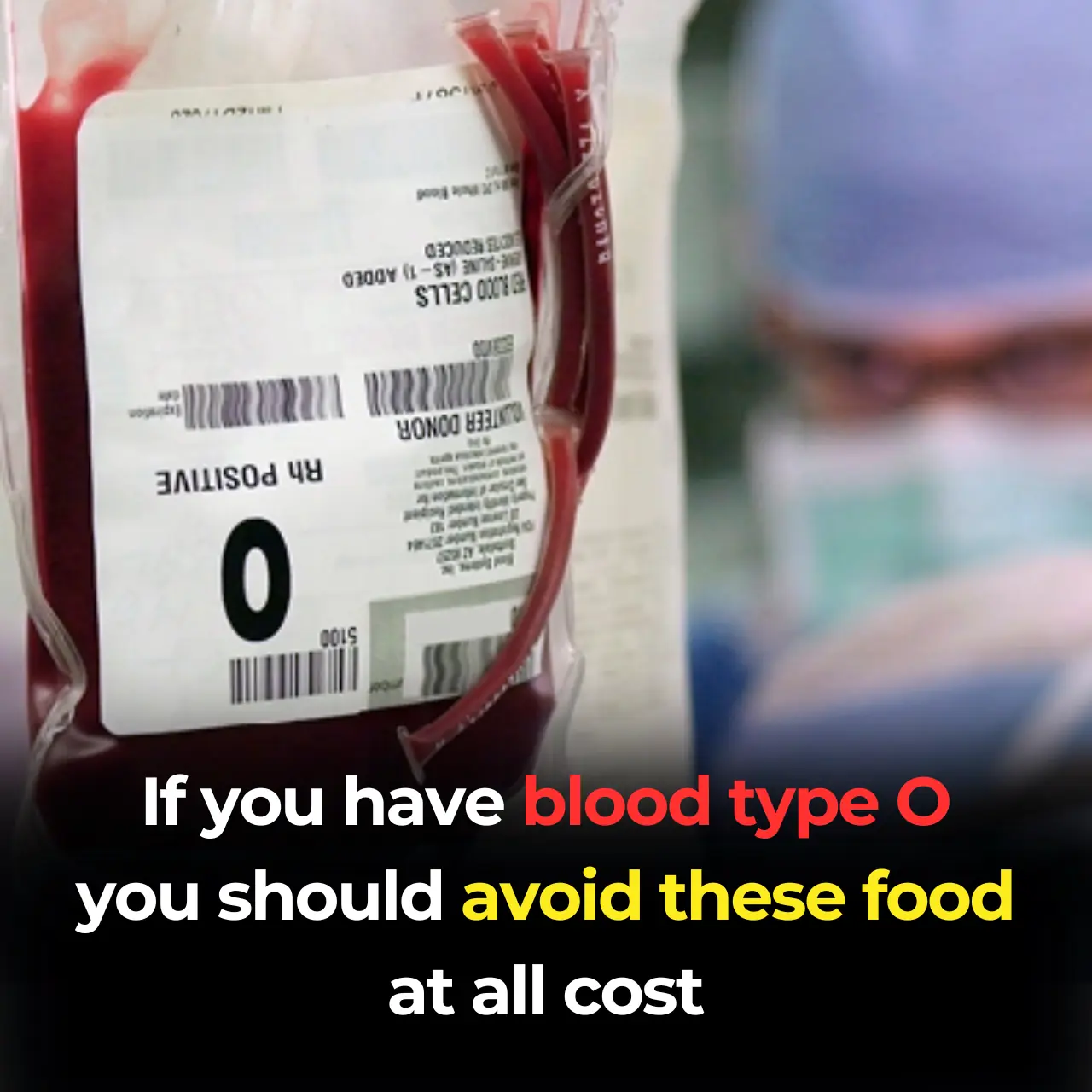Princess Beatrice has spoken candidly about the emotional and isolating reality of premature birth, reflecting on her own experience as she amplifies calls for increased research into maternal health and prematurity. Appearing on a special edition of The Borne Podcast released on Monday, the 37-year-old royal discussed the profound impact early labour can have on parents and why she is committed to supporting Borne’s mission.
Beatrice, the eldest daughter of Andrew Mountbatten-Windsor, welcomed her daughter Athena Elizabeth Rose several weeks early on January 22. She revealed that the unexpected timing deeply shaped her understanding of how overwhelming and lonely the experience can be:
“So often, especially as mums, we feel we have to be perfect… and when you learn your baby is going to come early, it can be incredibly lonely.”
She said that mothers often carry a heavy sense of fear or guilt in those moments, but many feel “life-changing relief” when they discover that organisations like Borne exist to support them, ask the right medical questions, and push for vital scientific progress. Beatrice hopes her involvement will give other parents the confidence to share their own journeys, helping build a stronger, more informed community.
Originally expected to give birth in early spring, Beatrice was medically advised in December not to travel long distances. She ultimately changed her holiday plans and joined the Royal Family at Sandringham for Christmas after doctors warned that a premature arrival was possible. Her daughter’s early birth reinforced her desire to advocate for better research, better tools, and better care for future families.
As patron of Borne, Beatrice has become an active voice for the charity’s Every Week Counts campaign. Last week, she visited Borne’s research laboratories at Chelsea and Westminster Hospital alongside Professor Mark Johnson and ambassador Laura Tobin. She emphasised her wish to help create a space where families feel safe sharing their experiences:
“Maybe we can learn from each other. My favourite thing about being a mum is that it feels like a secret club of shared stories.”
She added that Borne’s work is crucial to ensuring that mothers facing traumatic circumstances are not left to navigate them alone:
“How do we make sure doctors have the data, the tools, the knowledge they need so that no mum feels alone?”
Prematurity remains a major global health challenge. In the UK, around 60,000 babies are born prematurely every year—one in 13 births. Worldwide, 15 million babies arrive too soon, with premature complications still the leading cause of neonatal death and lifelong disabilities. Yet, according to Borne, pregnancy and childbirth receive less than 2% of medical research funding, a statistic Beatrice described as “shocking.”
She stressed how essential high-quality data is to advancing maternal care:
“We really do not have enough data in women’s health. I became passionate about how much better the medical field could be with proper information.”
Beatrice praised the scientists collaborating with Borne, noting that almost all have said that while their individual progress may be slow, collective research is the key to meaningful breakthroughs:
“With Borne helping us work together, we will make a difference. We will change what is happening in hospitals every day, all over the world.”
Sources: The Borne Podcast; Borne Charity; The Mirror; Chelsea and Westminster Hospital Research Programme

































